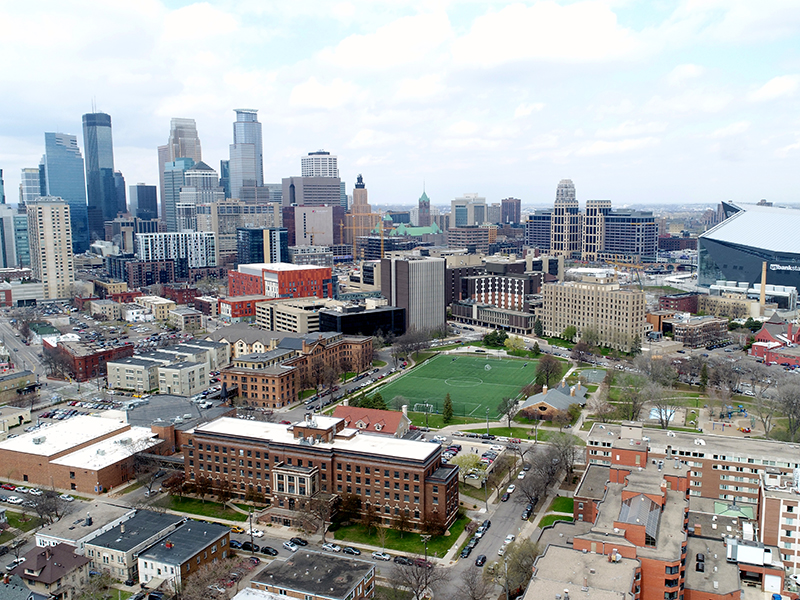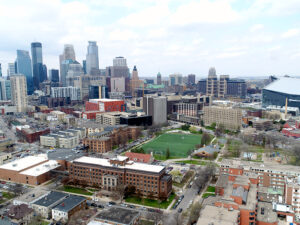
The History and Culture of North East Nigeria

Introduction
North East Nigeria is a region rich in history, culture, and tradition. Comprising six states—Adamawa, Bauchi, Borno, Gombe, Taraba, and Yobe—the region has been a center of ancient civilizations, Islamic scholarship, and trans-Saharan trade. It is home to diverse ethnic groups, including the Kanuri, Fulani, Hausa, Babur, Bura, and Chadic-speaking peoples.
This article explores the history, ethnic composition, cultural heritage, traditional governance, economic activities, and challenges of North East Nigeria.
Historical Background of North East Nigeria
Pre-Colonial Era
The North East was a hub of powerful empires and kingdoms, influenced by trans-Saharan trade and Islamic civilization.
-
Kanem-Bornu Empire (8th–19th Century)
-
One of Africa’s longest-lasting empires, founded by the Kanuri people.
-
Mai Idris Alooma (16th century) expanded the empire, introduced Islam, and strengthened trade with North Africa.
-
The empire resisted Fulani jihadists in the 19th century but later declined due to colonial pressures.
-
-
Sao Civilization (Around Lake Chad)
-
An ancient civilization known for its fortified cities and pottery.
-
Later absorbed into the Kanem-Bornu Empire.
-
-
Adamawa Emirate (19th Century)
-
Founded by Modibbo Adama, a Fulani jihadist under the Sokoto Caliphate.
-
Became a center for Islamic learning and Fulani dominance.
-
-
Shuwa Arab Settlements
-
Arab migrants from Sudan settled in Borno and Yobe, contributing to cultural diversity.
-
Colonial Era (1903–1960)
-
The British conquered the region and merged it into the Northern Protectorate.
-
Indirect rule was implemented through emirs and local chiefs.
-
Christian missionaries had limited influence due to the strong Islamic presence.
Post-Independence (1960–Present)
-
The region remained politically significant but economically underdeveloped.
-
Boko Haram insurgency (since 2009) has devastated the area, displacing millions.
-
Despite challenges, the region retains its cultural identity and resilience.
Ethnic Groups and Languages
Major Ethnic Groups
-
Kanuri – Dominant in Borno and Yobe; historically linked to the Kanem-Bornu Empire.
-
Fulani (Fulbe) – Found in Adamawa, Gombe, and Bauchi; known for cattle herding.
-
Hausa – Mainly in urban centers like Bauchi and Gombe.
-
Babur/Bura – Indigenous groups in southern Borno and Adamawa.
-
Tiv & Jukun – Found in Taraba, with farming traditions.
-
Shuwa Arabs – Mainly in Borno, descendants of Arab migrants.
Languages
-
Kanuri, Fulfulde, and Hausa are widely spoken.
-
English is used in education and government.
-
Minority languages include Bura, Marghi, and Kibaku.
Cultural Practices and Traditions
Religion
-
Islam is the dominant religion, introduced since the Kanem-Bornu era.
-
Traditional beliefs persist in some rural areas (e.g., spirit worship among the Margi).
-
Christianity has a presence in Taraba and southern Adamawa.
Festivals and Ceremonies
-
Durbar Festival – Celebrated in Borno and Yobe, featuring horse-riding displays.
-
Bade Fishing Festival (Yobe) – A cultural event marking the fishing season.
-
Njuwa Fishing Festival (Adamawa) – Held by the Bachama people.
-
Yawal Festival (Taraba) – Celebrated by the Jukun people for harvest thanksgiving.
Traditional Attire
-
Men: Babban riga (flowing gown), turban, and leather sandals.
-
Women: Hijab, colorful wrappers (atampa), and gold jewelry.
-
Kanuri royal attire: Elaborate robes and swords for traditional rulers.
Traditional Rulership
-
Shehu of Borno – The supreme traditional ruler of the Kanuri people.
-
Lamido of Adamawa – Head of the Fulani emirate.
-
Emir of Gombe – A key Islamic leader in Gombe State.
Marriage and Family Life
-
Polygamy is common among Muslim families.
-
Bride price (sadaki) is paid in cash or livestock.
-
Extended family systems are highly valued.
Economic Activities
-
Agriculture
-
Borno & Yobe: Millet, sorghum, and cowpeas.
-
Adamawa & Taraba: Rice, maize, and yams.
-
-
Livestock Rearing
-
The Fulani are known for cattle herding (a key part of the economy).
-
-
Trade & Commerce
-
Maiduguri was a major trans-Saharan trade hub.
-
Pottery, weaving, and leatherwork are traditional crafts.
-
-
Mining
-
Limestone in Gombe, kaolin in Bauchi.
-
Challenges Facing North East Nigeria
-
Boko Haram Insurgency
-
Since 2009, violence has displaced millions and destroyed infrastructure.
-
-
Poverty & Underdevelopment
-
Lack of education and healthcare facilities.
-
-
Climate Change & Desertification
-
The Sahara Desert is encroaching, reducing arable land.
-
-
Ethnic & Religious Tensions
-
Conflicts between farmers and herders.
-
Conclusion
Despite its challenges, North East Nigeria remains a region of historical significance, cultural richness, and resilience. Efforts to restore peace and promote development are crucial for its future.
Thank you for following us incase you find any error in our contents please kindly send us mail or you need additional information you want us to add to any history kindly send us because all what we are posted was generated according to what we see online or we have acknowledged about in this case we can’t perfect in 100% kindly correct us in any aspect you find that’s need.
Noted:- We are not copy from any blog if you fund one your line or content is attach to our post kinky report to our [email protected] and we promise you we are going to rephrase it immediately thanks so much we love you all.
Leave a Reply